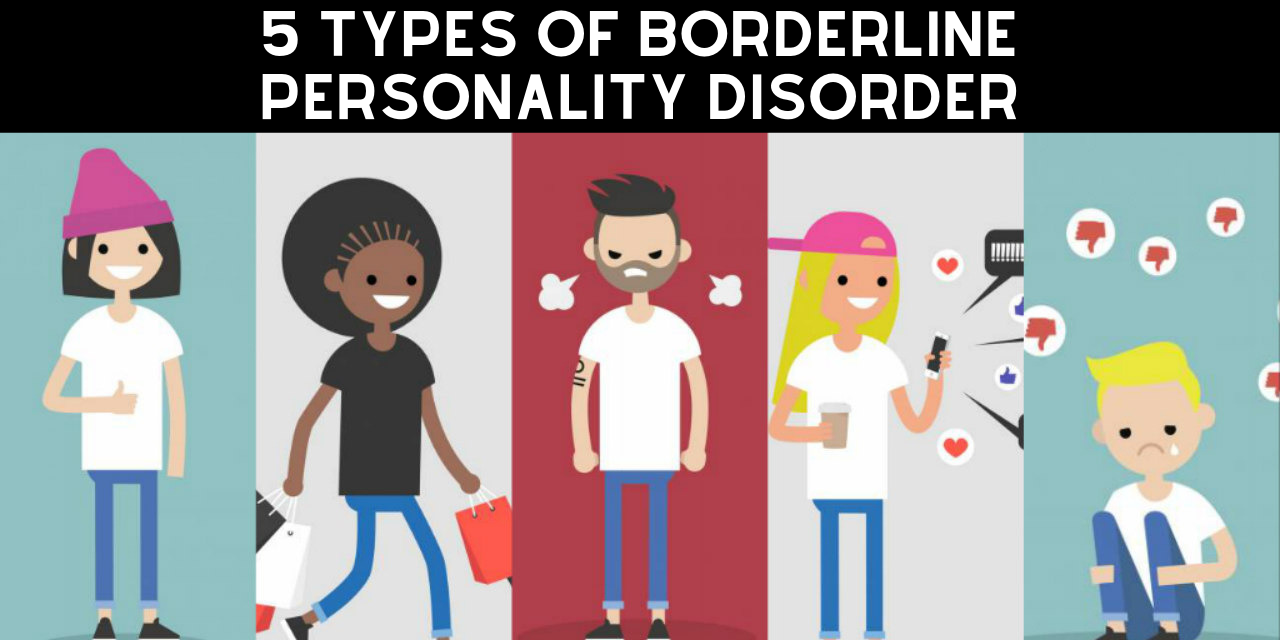 Welcome to our blog post on building healthy relationships with individuals with Borderline Personality Disorder (BPD)! We believe that fostering understanding, empathy, and open communication is essential when it comes to supporting loved ones with BPD. In this post, we will provide you with expert tips and share real-life experiences to help you navigate this unique journey.
Welcome to our blog post on building healthy relationships with individuals with Borderline Personality Disorder (BPD)! We believe that fostering understanding, empathy, and open communication is essential when it comes to supporting loved ones with BPD. In this post, we will provide you with expert tips and share real-life experiences to help you navigate this unique journey.
2. Understanding Borderline Personality Disorder
Before delving into strategies for building healthy relationships, let’s gain a better understanding of BPD. Borderline Personality Disorder is a mental health condition characterized by intense emotions, unstable self-image, and difficulties with relationships. It’s important to note that BPD does not define a person, but rather, it’s one aspect of their life.
Individuals with BPD may face challenges such as fear of abandonment, impulsivity, and mood swings. However, it’s crucial to dispel the myths and misconceptions surrounding BPD. People with BPD are capable of having meaningful and fulfilling relationships when provided with the right support and understanding.
3. How To Live With Someone With Borderline Personality Disorder
Educating oneself about BPD
One of the first steps in building a healthy relationship with someone with BPD is educating yourself about the disorder. Learn about the causes and underlying factors contributing to BPD. This knowledge will help you develop compassion and a deeper understanding of your loved one’s experiences.

Communicating effectively
Effective communication is key in any relationship, and it’s especially important when supporting someone with BPD. Practice active listening, validation, and empathy. Create a safe space for them to express their emotions without judgment or criticism. Additionally, setting clear boundaries and expectations can help establish a sense of stability and promote healthier interactions.
Providing emotional support
Offering emotional support is vital when living with someone with BPD. During times of emotional distress, reassure them of your understanding and love. Encourage them to seek therapy and professional help. Promote self-care and coping strategies that can empower them to manage their emotions effectively.
Managing conflicts and crisis situations
Conflicts and crisis situations can arise, and it’s crucial to approach them with patience and understanding. Learn de-escalation techniques and conflict resolution strategies to navigate these challenging moments. Developing crisis plans and safety measures can provide a sense of security and stability during difficult times.
Building a support network
Support is not only crucial for your loved one but also for yourself. Seek support from friends, family, or support groups who can provide guidance and understanding. Connecting with others who share similar experiences can be comforting and help alleviate any feelings of isolation.
Practicing self-care
Remember to prioritize your own well-being. Recognize your personal limitations and set boundaries when needed. Engage in self-care routines that promote relaxation and rejuvenation. By taking care of yourself, you’ll be better equipped to provide support and maintain a healthy relationship with your loved one.

4. Expert Tips for Building Healthy Relationships
Now, let’s dive into some expert tips from therapists and psychologists that can help you in building healthy relationships with individuals with BPD.
Strategies for understanding and empathizing with individuals with BPD
Experts suggest practicing empathy by putting yourself in their shoes and trying to understand their emotions and experiences. Validate their feelings and let them know that you are there for them. Remember that their emotions may be intense and rapidly changing, so be patient and flexible in your responses.
Techniques for effective communication and conflict resolution
Communication is crucial in any relationship. When conflicts arise, use “I” statements to express your feelings without blaming or criticizing. Focus on finding solutions together rather than getting caught up in the blame game. Practice active listening and give your undivided attention to your loved one to show that you genuinely care about their perspective.
Real-life experiences and success stories
Hearing from individuals who have successfully built healthy relationships with someone with BPD can be incredibly inspiring and helpful. They have learned valuable lessons along the way and have practical tips to share. Their stories remind us that building a healthy and fulfilling relationship is possible.
5. Conclusion
Building healthy relationships with individuals with BPD requires understanding, patience, and empathy. By educating ourselves, practicing effective communication, providing emotional support, managing conflicts, and fostering a support network, we can create a positive and nurturing environment for our loved ones.
Remember to prioritize self-care and seek support for yourself as well. By taking care of your own well-being, you’ll be better equipped to support your loved one and navigate the challenges that may arise.
Lastly, keep in mind that every relationship is unique, and what works for one may not work for another. It’s essential to adapt and find strategies that resonate with your specific situation. With dedication, understanding, and a commitment to growth, you can build a healthy and fulfilling relationship with someone with Borderline Personality Disorder.
Leave a Reply